New health guidelines for high blood pressure: Don't ignore even mild high BP
Tue 19 Aug 2025, 00:07:04
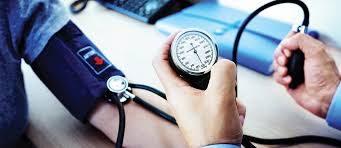
High blood pressure, often called the “silent killer,” is no longer just a Western health problem. In India, nearly 20 crore individuals are estimated to have hypertension, and the numbers are rising sharply in cities and smaller towns alike. It is now a leading cause of heart attacks, strokes, kidney failure, and even dementia.
A new joint guideline from the American Heart Association (AHA) and the American College of Cardiology (ACC) is calling for earlier action through prevention, early treatment, and more personalised care.
While these guidelines are US-based, they carry lessons that are just as urgent for India.
It says that high blood pressure should be treated earlier, not just with medicines, but also with healthy lifestyle changes. It stresses the need to carefully monitor blood pressure before, during and after pregnancy, and recommends using a new tool called the PREVENT risk calculator to check a person’s chances of heart disease. Moderating alcohol intake is also one of the key ways to reduce high blood pressure, as per the new guidelines.
WHY EARLY ACTION MATTERS
High blood pressure doesn't always show symptoms until it has already caused serious damage. It is the pressure of the blood flow against the arteries is consistently high.
It can silently weaken blood vessels, strain the heart, and even harm the brain. New research highlighted in the guideline shows that hypertension can accelerate memory problems and increase the risk of dementia, a concern for India as life expectancy rises and cases of Alzheimer’s disease grow.
“High blood pressure is the most common and most modifiable risk factor for heart disease,” said Dr. Daniel W. Jones, chair of the guideline writing committee. Early diagnosis and treatment, he explained, not only prevent heart attacks and strokes but also protect long-term brain health.
LIFESTYLE CHANGES AS THE FIRST TREATMENT
For most Indians, lifestyle is both the problem and the solution. Urban diets high in salt, processed foods, and fried snacks, combined with sedentary jobs and high stress, are fuelling the hypertension epidemic.
The guideline reaffirms that healthy lifestyle habits such as cutting down on salt (a major challenge in Indian cooking and packaged foods), eating more fruits, vegetables and whole grains, exercising regularly, maintaining a healthy weight, and managing stress, remain the first line of defense.
For alcohol, moderation is key. Stress management, whether through yoga, meditation, or simple breathing techniques, has particular resonance in India, where traditional practices can be powerful tools.
SMARTER TOOL FOR PERSONALISED CARE
The new guideline recommends use of the PREVENT risk calculator, which helps doctors estimate an individual’s 10- and 30-year risk of heart disease by considering factors like blood pressure, cholesterol, diabetes, and even
socioeconomic background.
socioeconomic background.
While not yet widely used in India, such tools highlight the importance of tailoring treatment to the person rather than following a one-size-fits-all approach.
In India, where access to advanced tests is often limited, home blood pressure monitoring can also be a practical and cost-effective way to keep track of health between doctor visits.
MEDICATION WHEN NEEDED
While lifestyle remains central, medication is often necessary, especially when blood pressure remains high. The guideline suggests starting treatment earlier and, for those with very high readings (140/90 mm Hg or above), using two medicines together for faster control.
Doctors used to begin medication mostly when people reached stage 2 hypertension (blood pressure of 140/90 mm Hg or higher). But the new guideline says treatment should start earlier, even at stage 1 hypertension (130–139/80–89 mm Hg), especially if a person has other risks like diabetes, kidney disease, or a family history of heart problems.
The idea is that bringing blood pressure under control sooner, with lifestyle changes and medicines when needed, can prevent serious complications like heart attack, stroke, and dementia later in life.
. Normal blood pressure: less than 120/80 mm Hg. This is where you want to be.
. Elevated blood pressure: between 120–129 (top number) and less than 80 (bottom number). This is a warning zone — not yet high blood pressure, but a signal to make lifestyle changes.
. Stage 1 hypertension: between 130–139 (top number) or 80–89 (bottom number). At this stage, doctors may recommend lifestyle changes and, if other health risks are present, starting medication.
. Stage 2 hypertension: 140/90 mm Hg or higher. This is more serious and usually requires medication along with lifestyle changes to bring numbers down.
In India, common medications like ACE inhibitors, ARBs, calcium channel blockers and diuretics are widely available and effective. For those with obesity and type 2 diabetes, both rising in the country, newer therapies such as GLP-1 drugs may offer added benefits in the future.FOCUS ON WOMEN AND PREGNANCY
The guidelines also highlight high blood pressure in pregnancy, a serious concern in India where maternal health remains a challenge. Conditions like preeclampsia can threaten both mother and child and raise a woman’s long-term risk of heart disease.
Doctors recommend close monitoring of blood pressure during and after pregnancy, timely treatment, and in some cases, low-dose aspirin to reduce risk. Postpartum follow-up is equally crucial, since blood pressure problems can persist or develop after delivery
As Dr. Jones summed up, “Prevention, early detection and management of high blood pressure are critical to long-term heart and brain health, which means longer, healthier lives.”
For India, this advice could not be more timely.
No Comments For This Post, Be first to write a Comment.
Most viewed from Health
AIMIM News
Latest Urdu News
Most Viewed
May 26, 2020
Can Lionel Messi's visit boost Indian football?
Latest Videos View All
Like Us
Home
About Us
Advertise With Us
All Polls
Epaper Archives
Privacy Policy
Contact Us
Download Etemaad App
© 2026 Etemaad Daily News, All Rights Reserved.


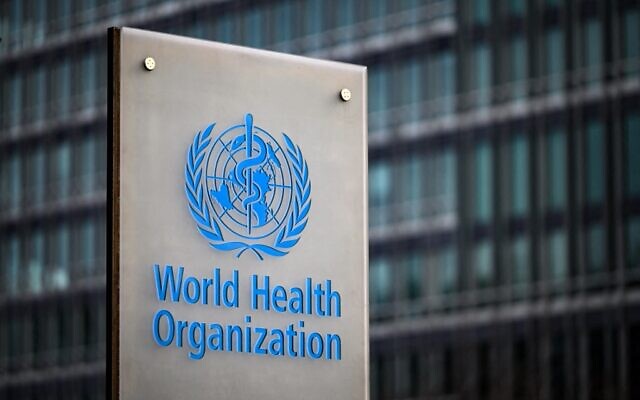
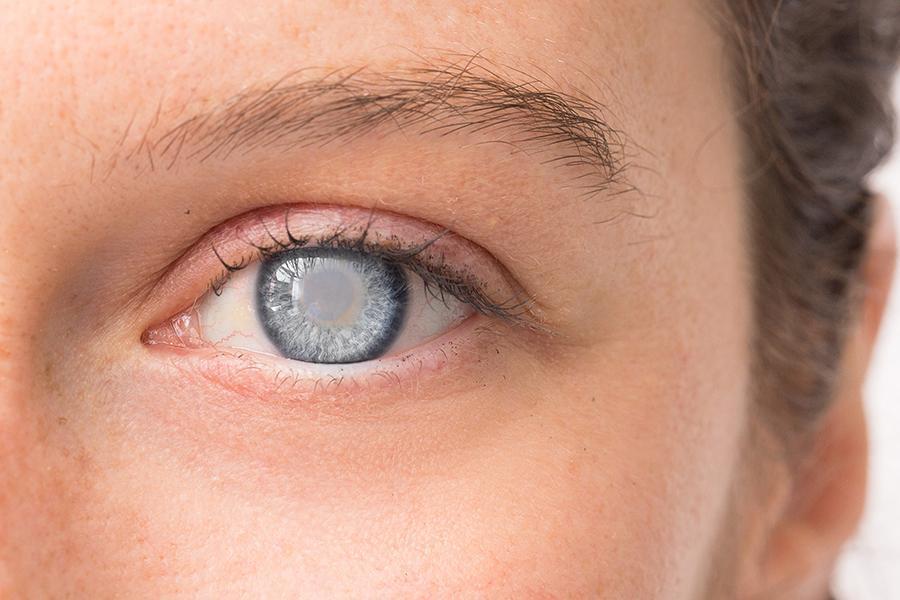
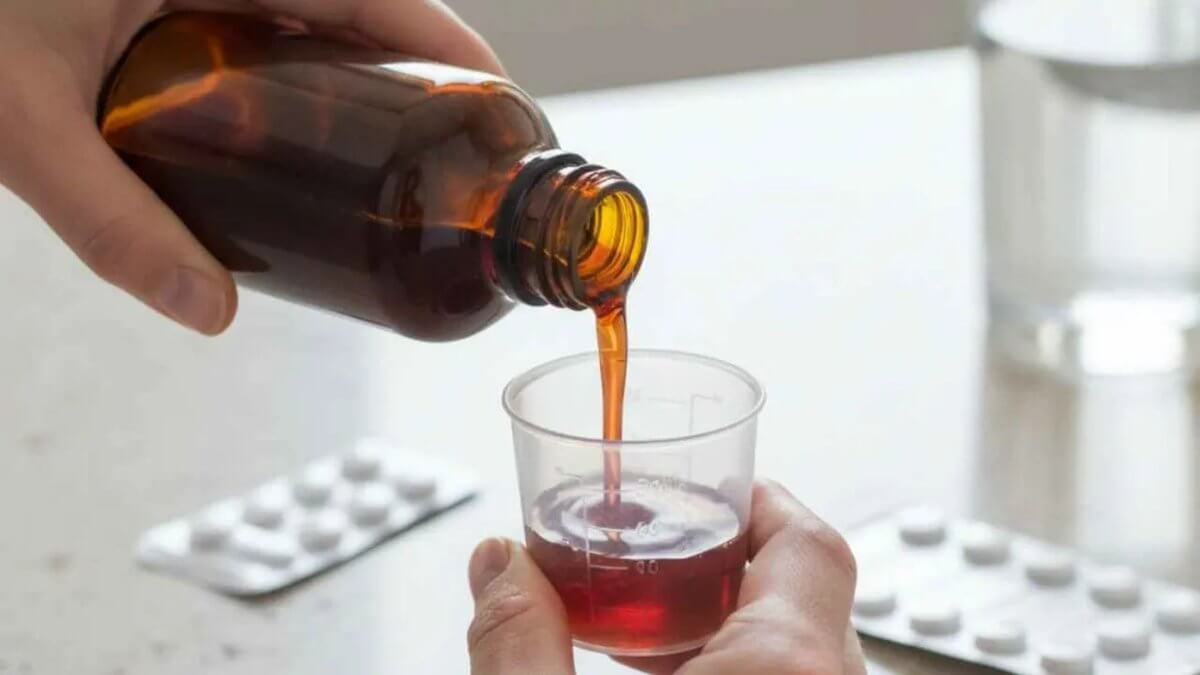
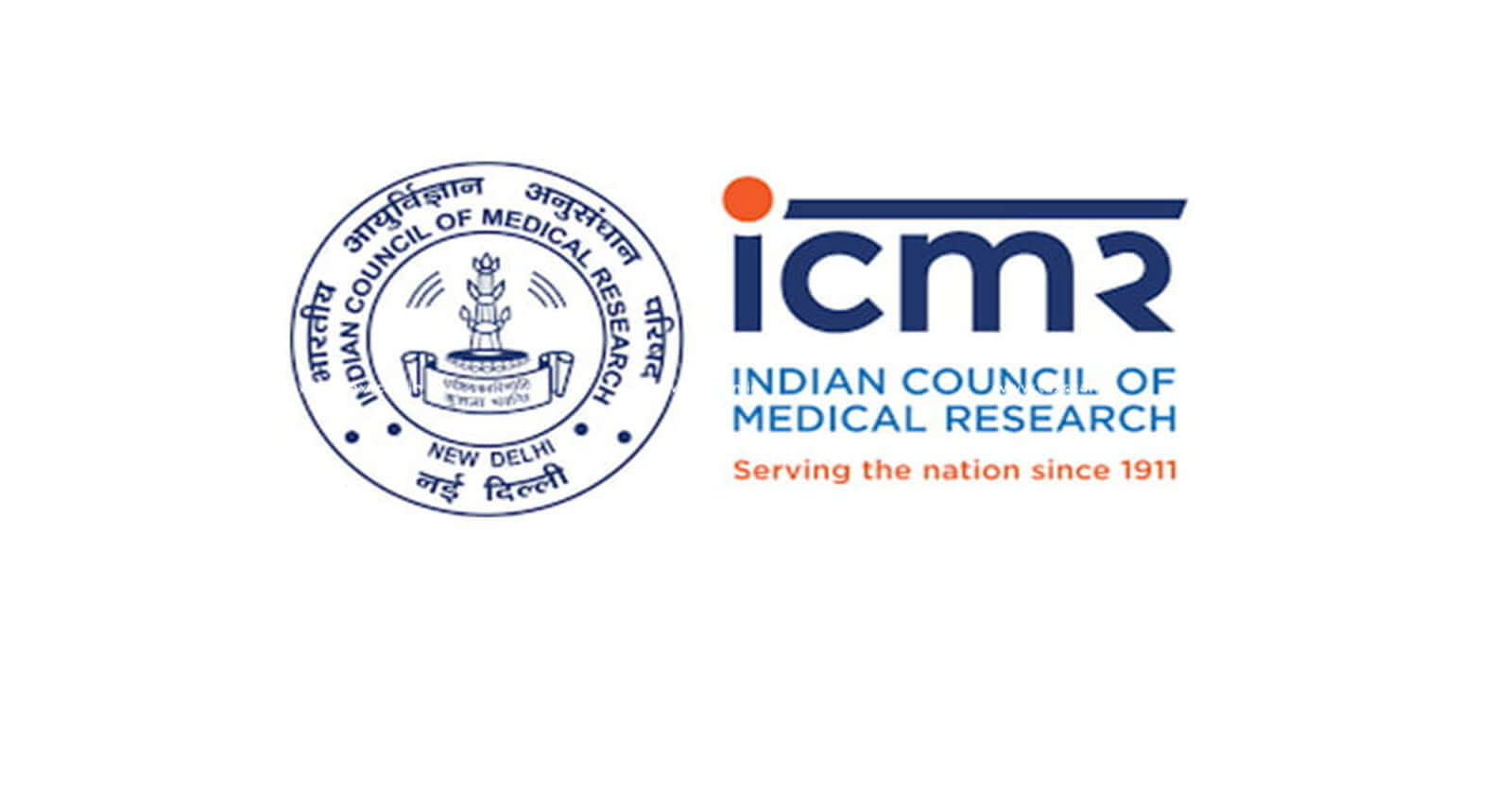



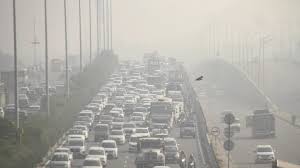
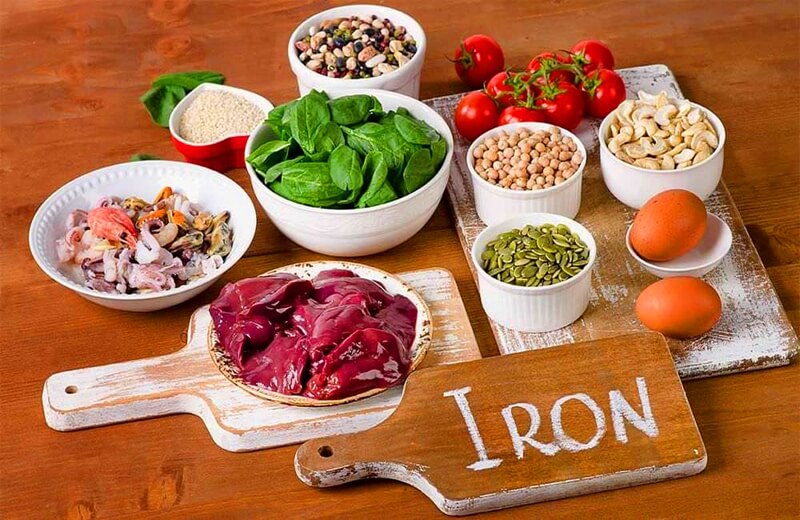
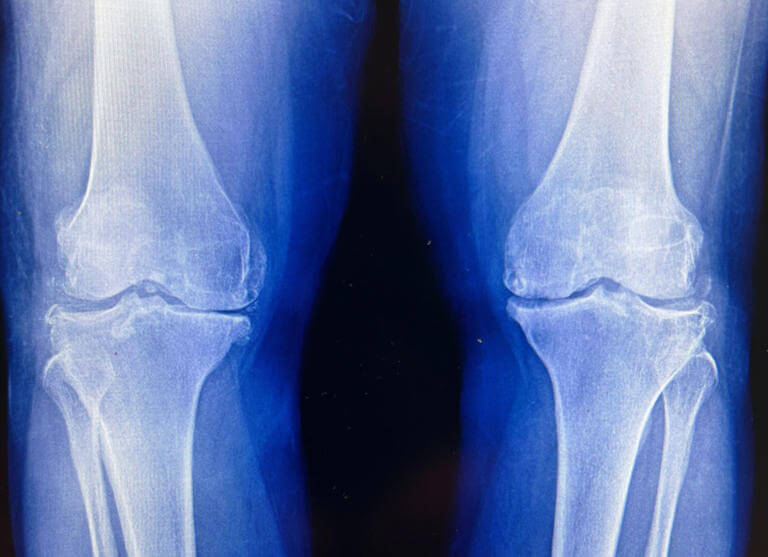
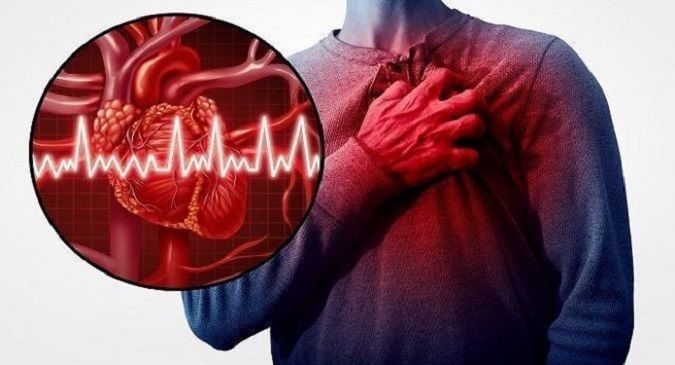

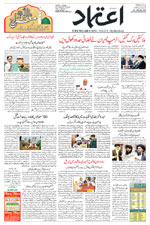










.jpg)
.jpg)
.jpg)


